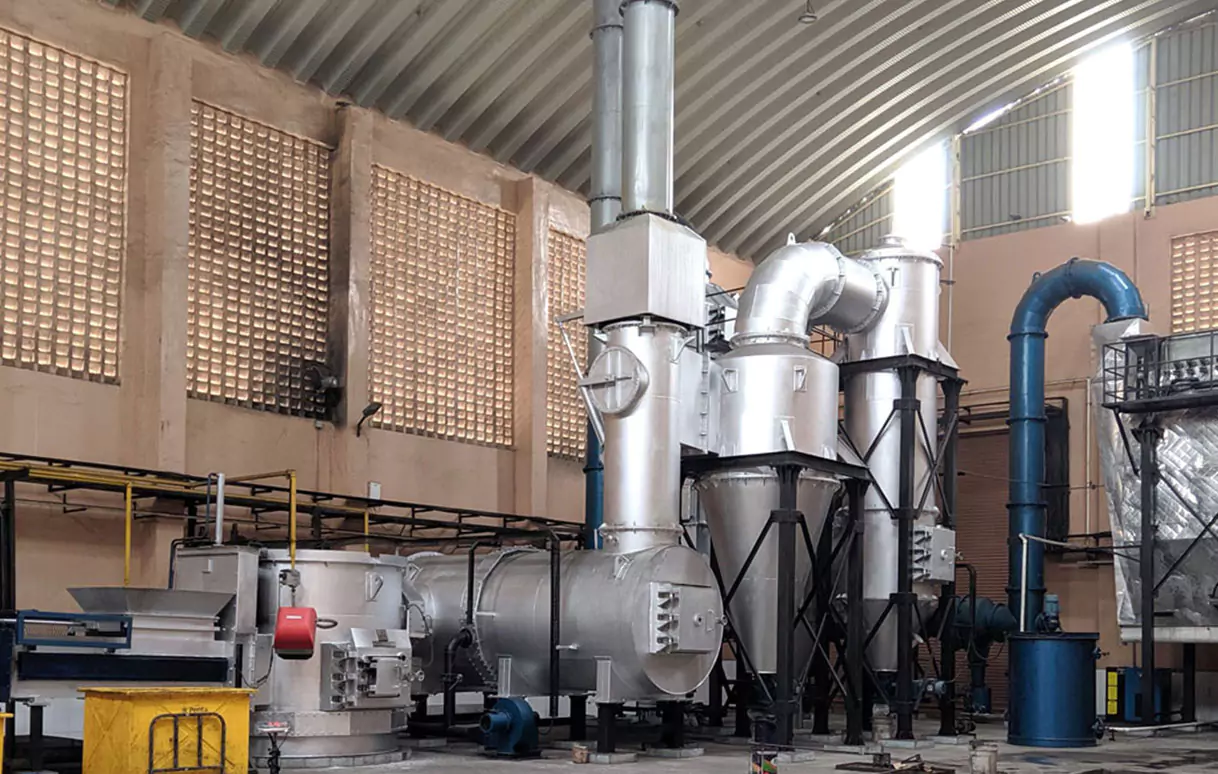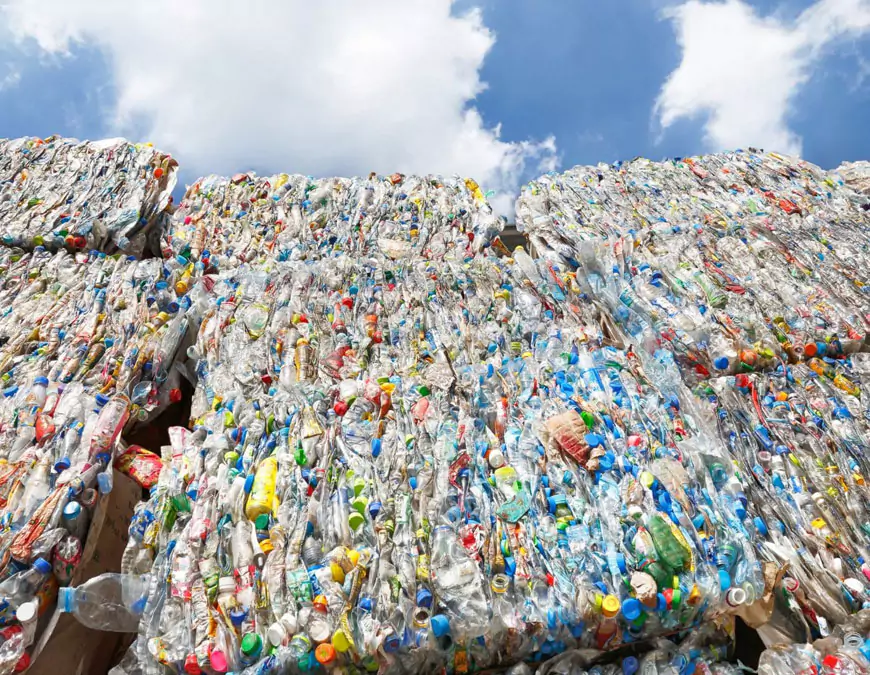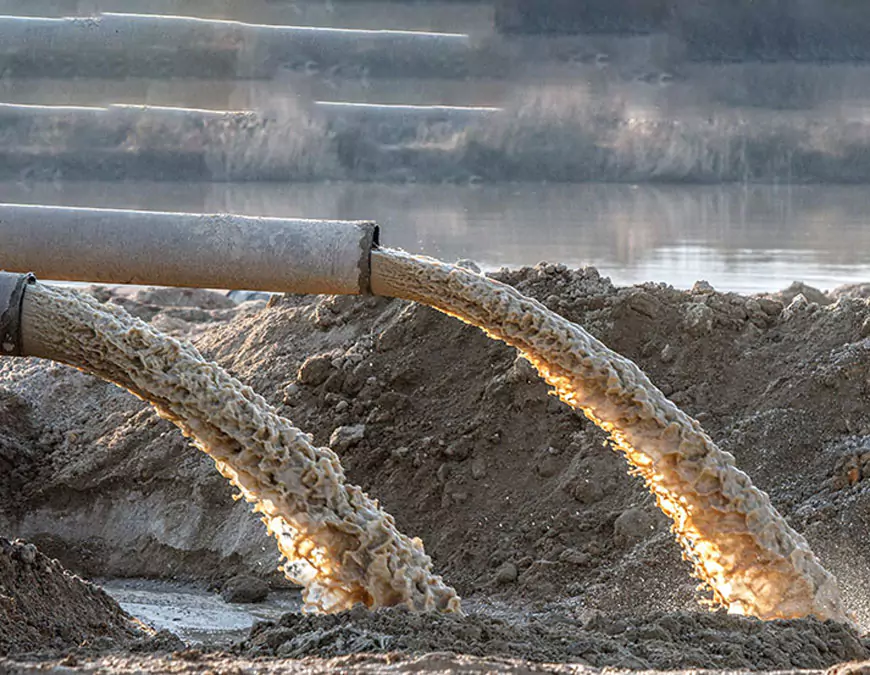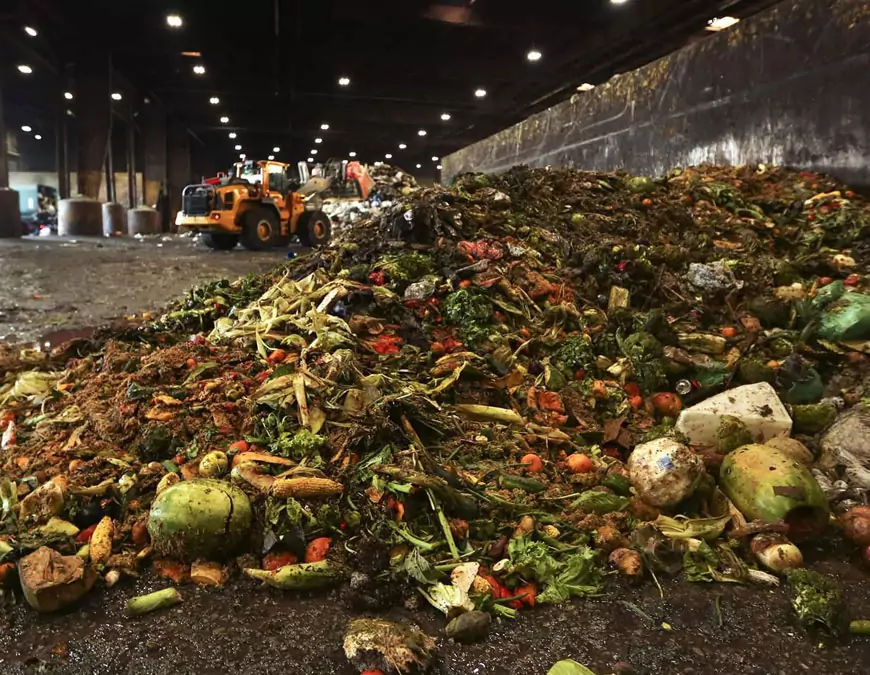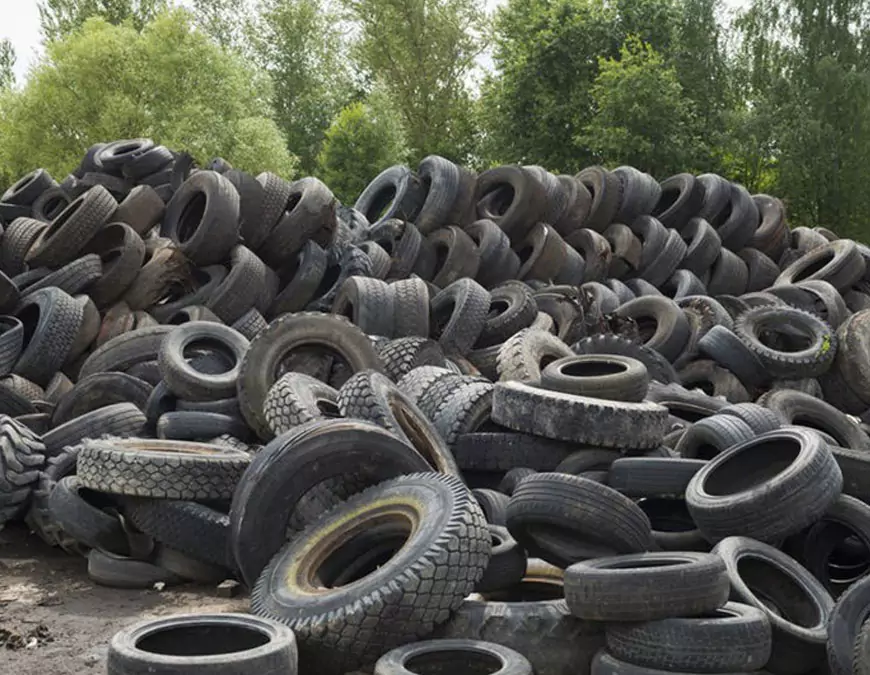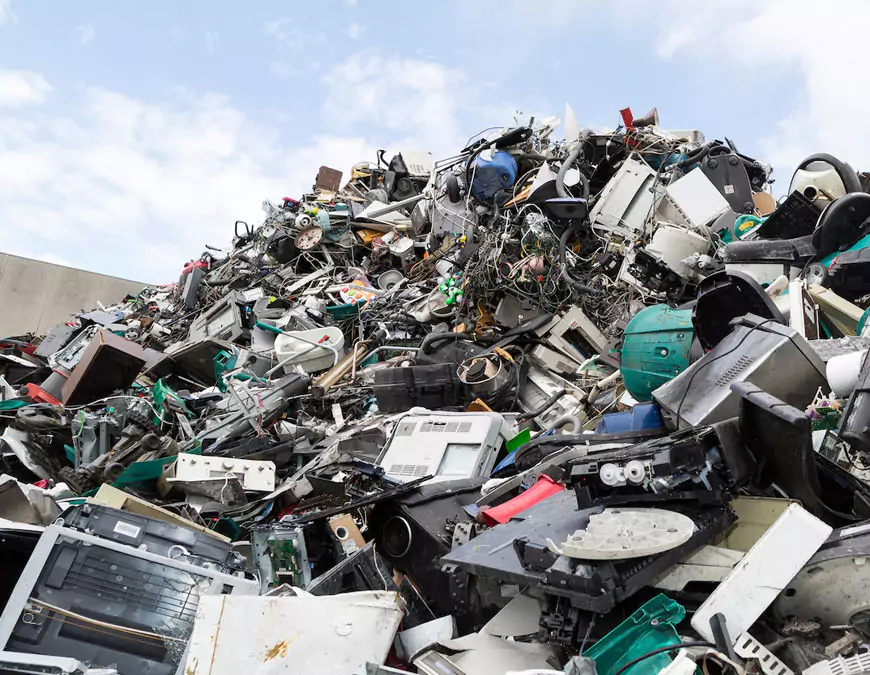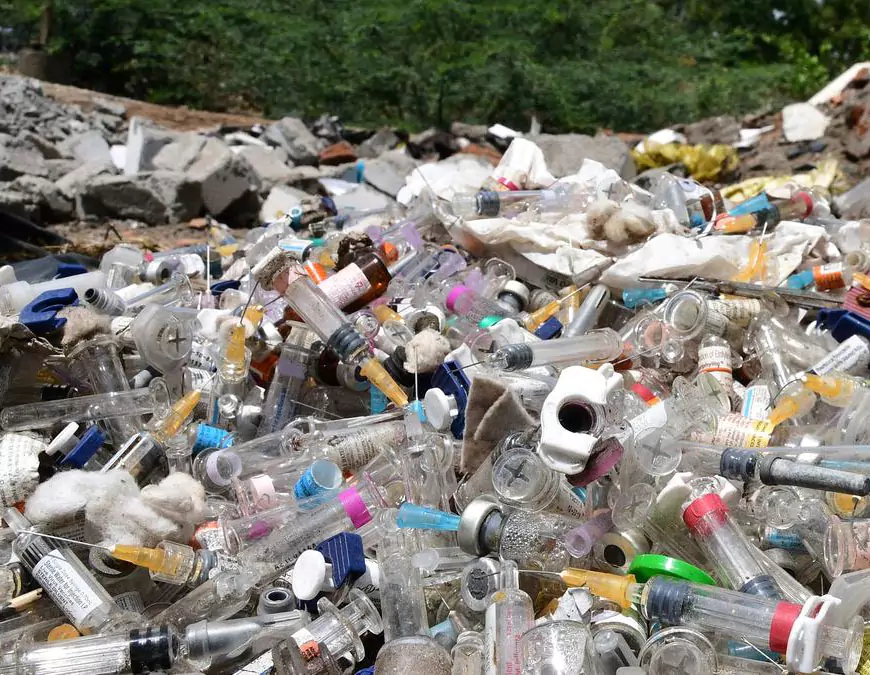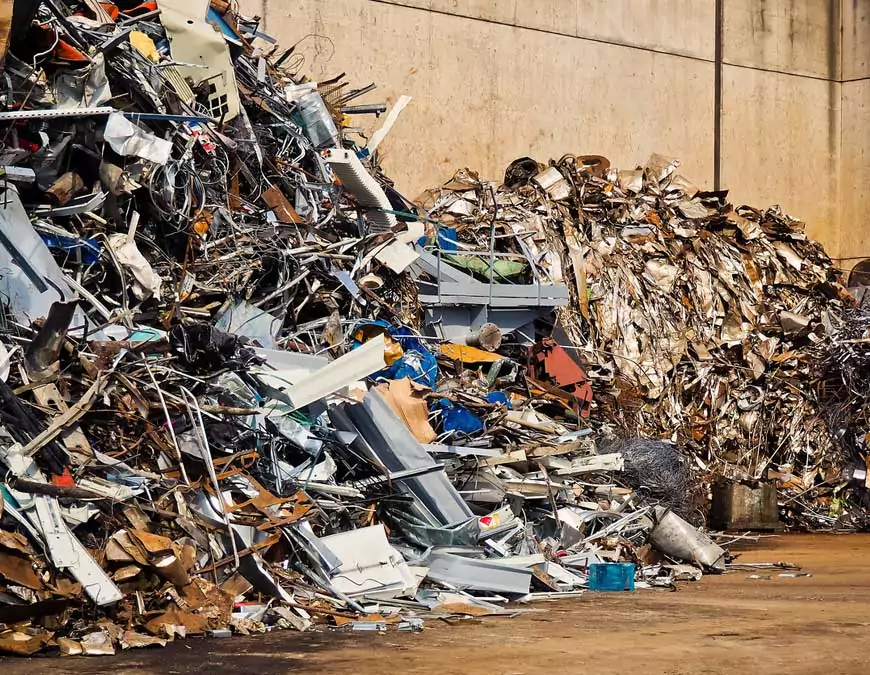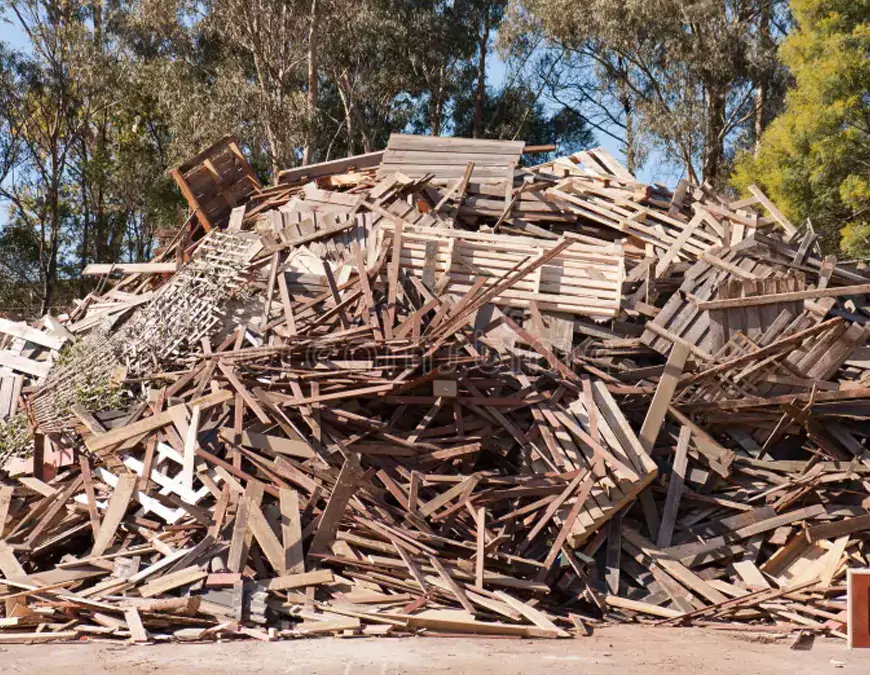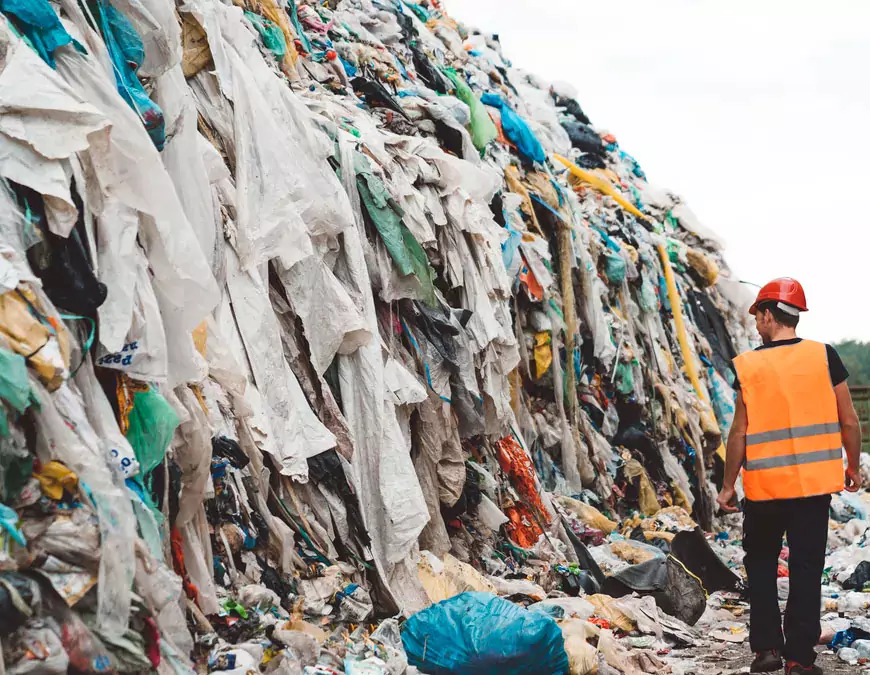Types of Industrial Waste
- Solid Waste: Scrap metal, paper, plastics, rubber, textiles, glass.
- Chemical Waste: Acids, alkalis, solvents, and other reactive compounds.
- Toxic and Hazardous Waste: Contaminated materials, residues from industrial reactions.
- Sludges: By-products from treatment plants and production units.
- Thermal Ash and Dust: Residues from combustion and high-temperature processes.
Importance of Industrial Waste Management
- Pollution Prevention: Reduces harmful emissions and contamination of natural resources.
- Resource Efficiency: Encourages recycling and reuse of materials.
- Compliance and Safety: Meets regulatory standards to protect workers and communities.
- Waste Reduction: Improves overall process efficiency by minimizing waste generation.
- Environmental Responsibility: Enhances corporate sustainability goals and brand image.
Key Components of Industrial Waste Management
Shredding and Size Reduction
Large and bulky waste is reduced to manageable sizes using industrial shredders.
Our Solutions to Manage Industrial Waste
At Alfa Therm Limited, we deliver efficient industrial waste management systems customized for different industries:
Benefits of Effective Industrial Waste Management
- Pollution Control: Minimizes air, water, and soil pollution through responsible waste handling.
- Regulatory Compliance: Ensures adherence to national and international environmental standards.
- Cost Savings: Improves operational efficiency by recycling and reducing disposal costs.
- Energy Recovery: Enables generation of usable energy from waste.
- Sustainable Industry Practices: Promotes eco-friendly operations and enhances brand reputation.

Other Industries We Serve
Struggling with Waste Management challenges?
